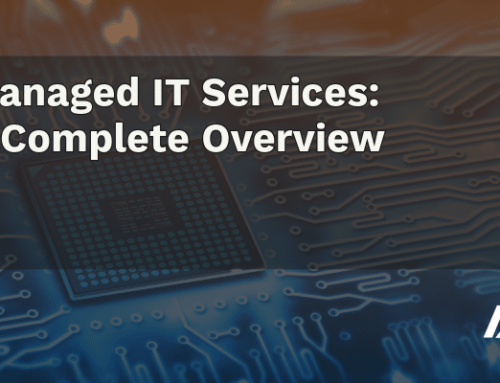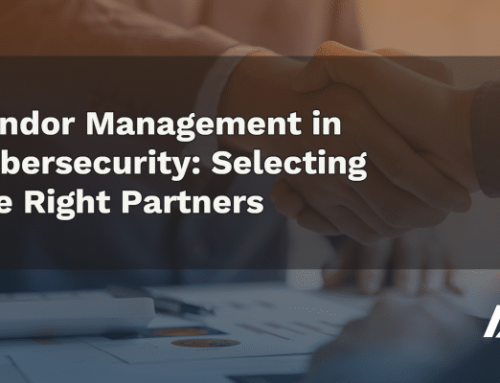If you’re like most organizations, you’re using consumer data to inform decisions, improve strategies, and provide better customer experiences. But with limited resources and always-evolving data protection laws, many businesses struggle to maintain data privacy compliance.
Here, we go over how you can build a data privacy compliance program for your business, and how AccountabilIT can help.
What Is Data Privacy Compliance? The Impact on Your Business’s Security
Data privacy compliance refers to the laws and regulations governing how your business handles valuable data. Because these laws are designed to ensure data is safe from misuse, security breaches, data leaks, and more, they naturally obligate organizations to establish robust security measures. Luckily, you can make it easier to enhance your security and compliance by implementing a data privacy compliance program.
Creating Your Data Privacy Compliance Program
Define your sensitive data
Sensitive data is generally defined as any information that you need to protect against unauthorized access and that, if lost or stolen, could hurt your organization or the data subject. Knowing which data is sensitive will help you determine the legal regulations that apply to it.
Know your data lifecycle
To ensure the privacy of your customer’s personal information, you need to understand how your business handles data. Start by answering key questions, such as: What personal data are you collecting? How are you collecting it? Where is this data being stored? Are you sharing the data with anyone? What are you using the data for?
Understand applicable regulations
Once you understand your data, you can better determine exactly which laws and regulations you must follow. Companies that handle healthcare, credit card, and other types of sensitive personal data are subject to specific regulatory bodies. Additionally, individual countries, and even states, have their own legislation. For example, businesses that process data from residents of the European Union must comply with General Data Protection Regulation (GDPR), even if the company isn’t based in the EU.
Build a data compliance plan
Many data privacy compliance frameworks (like HIPAA or GDPR) provide clear business standards and outcomes that address compliance and cybersecurity risks. However, these frameworks don’t always give you a clear action plan. You’ll also need to outline the specific procedures you’ll follow to maintain compliance with any applicable regulations. This can be a complicated process, so small- and medium-sized companies often bring in a cybersecurity service provider like AccountabilIT who can help develop and execute your compliance plan.
Conduct regular assessments and internal audits
Achieving compliance isn’t a one-and-done project. To keep up with evolving business goals and compliance regulations over time, you need to identify areas for improvement through ongoing audits. This process should include different security assessments, such as vulnerability and penetration tests, to help uncover any hidden system weaknesses that could compromise your data privacy.
Prioritize employee training
Human error is one of the top causes of data breaches, so all of your employees, not just those in IT, need to make privacy their responsibility. To encourage this culture of privacy, cybersecurity awareness training is key. With the right knowledge and skills, employees can help stop security breaches and keep your business’s data secure.
Stay Compliant & Secure With AccountabilIT
As an industry-leading cybersecurity service provider, we combine our expertise and customer-first approach to deliver the solutions that best align with your needs, budget, and goals. Connect with us to learn more about how we can help you boost your security and stay compliant.




